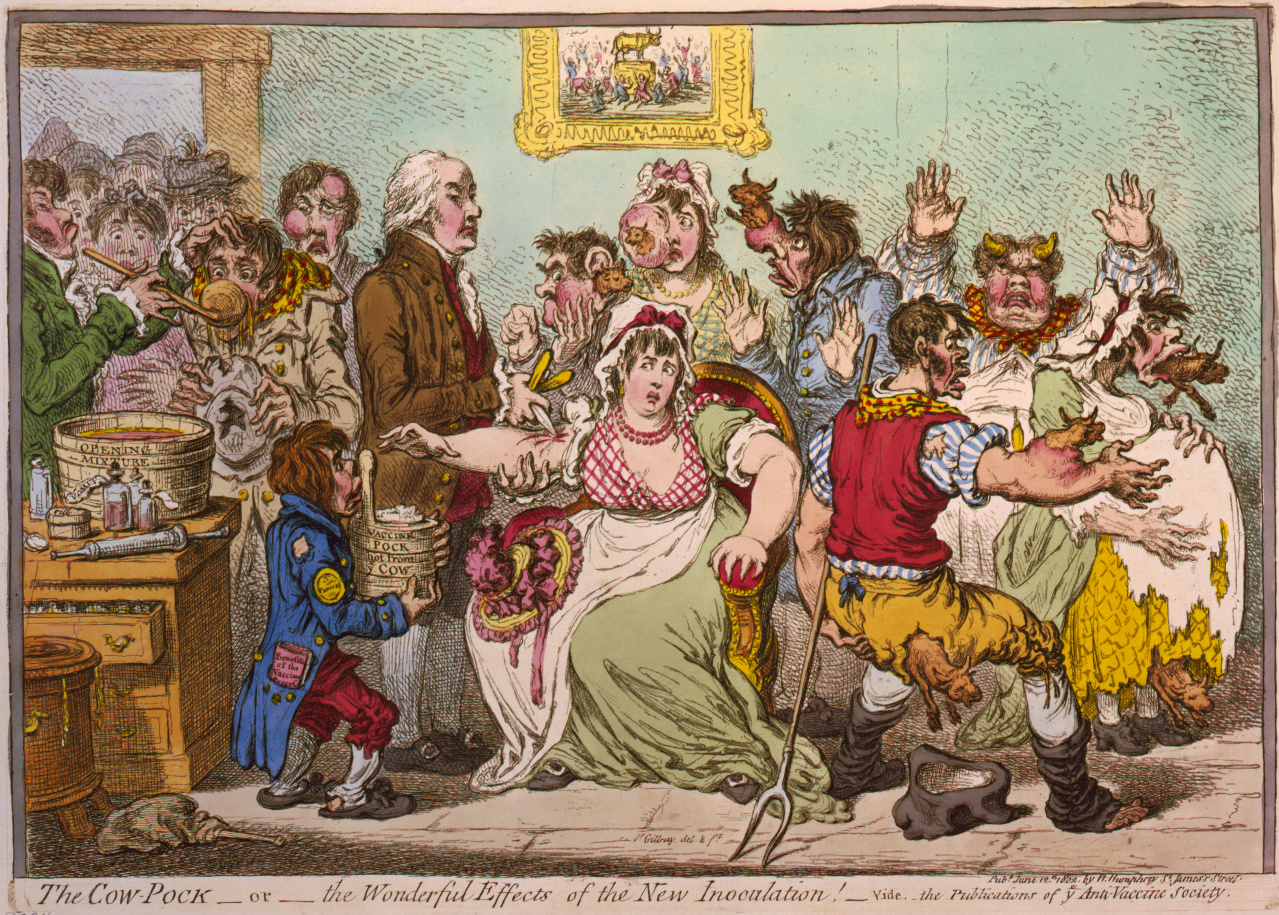Benjamin Moseley on:
[Wikipedia]
[Google]
[Amazon]
 Benjamin Moseley (1742–25 September 1819) was a British physician and early opponent of vaccination.
Born in
Benjamin Moseley (1742–25 September 1819) was a British physician and early opponent of vaccination.
Born in
 He was an early opponent of the new practice of
He was an early opponent of the new practice of
 Benjamin Moseley (1742–25 September 1819) was a British physician and early opponent of vaccination.
Born in
Benjamin Moseley (1742–25 September 1819) was a British physician and early opponent of vaccination.
Born in Essex
Essex () is a county in the East of England. One of the home counties, it borders Suffolk and Cambridgeshire to the north, the North Sea to the east, Hertfordshire to the west, Kent across the estuary of the River Thames to the south, and G ...
, Moseley received his medical training in Paris and London and began his practice in Kingston, Jamaica
Kingston is the capital and largest city of Jamaica, located on the southeastern coast of the island. It faces a natural harbour protected by the Palisadoes, a long sand spit which connects the town of Port Royal and the Norman Manley Inter ...
, in 1768. During his sixteen years there, he studied and published pamphlets on diseases he encountered, like dysentery
Dysentery (UK pronunciation: , US: ), historically known as the bloody flux, is a type of gastroenteritis that results in bloody diarrhea. Other symptoms may include fever, abdominal pain, and a feeling of incomplete defecation. Complications ...
, and on the medicinal and agricultural effects of the island's consumable crops, like coffee
Coffee is a drink prepared from roasted coffee beans. Darkly colored, bitter, and slightly acidic, coffee has a stimulant, stimulating effect on humans, primarily due to its caffeine content. It is the most popular hot drink in the world.
S ...
and sugar
Sugar is the generic name for sweet-tasting, soluble carbohydrates, many of which are used in food. Simple sugars, also called monosaccharides, include glucose, fructose, and galactose. Compound sugars, also called disaccharides or double ...
. His practice during this time was profitable, and upon his return to Britain in 1784 he had enough money to travel across Europe and to obtain more medical training, earning an M.D. from St. Andrews University. He was elected as a member to the American Philosophical Society
The American Philosophical Society (APS), founded in 1743 in Philadelphia, is a scholarly organization that promotes knowledge in the sciences and humanities through research, professional meetings, publications, library resources, and communit ...
in 1775. In 1788, he began a medical practice catering to wealthy patients in London
London is the capital and largest city of England and the United Kingdom, with a population of just under 9 million. It stands on the River Thames in south-east England at the head of a estuary down to the North Sea, and has been a majo ...
and became a physician to the Royal Hospital in Chelsea.
Vaccine hesitancy
 He was an early opponent of the new practice of
He was an early opponent of the new practice of vaccination
Vaccination is the administration of a vaccine to help the immune system develop immunity from a disease. Vaccines contain a microorganism or virus in a weakened, live or killed state, or proteins or toxins from the organism. In stimulating ...
. Beginning in 1799, in pamphlets and journal articles, he expressed doubt as to the efficacy of using doses of cowpox
Cowpox is an infectious disease caused by the ''cowpox virus'' (CPXV). It presents with large blisters in the skin, a fever and swollen glands, historically typically following contact with an infected cow, though in the last several decades more ...
to protect patients from becoming ill with smallpox
Smallpox was an infectious disease caused by variola virus (often called smallpox virus) which belongs to the genus Orthopoxvirus. The last naturally occurring case was diagnosed in October 1977, and the World Health Organization (WHO) c ...
and outrage at his medical colleagues for adopting the new practice so quickly. He put forth theories that vaccinations would have horrible side-effects, including physical ailments like whooping cough
Whooping cough, also known as pertussis or the 100-day cough, is a highly contagious bacterial disease. Initial symptoms are usually similar to those of the common cold with a runny nose, fever, and mild cough, but these are followed by two or ...
and intellectual afflictions like insanity
Insanity, madness, lunacy, and craziness are behaviors performed by certain abnormal mental or behavioral patterns. Insanity can be manifest as violations of societal norms, including a person or persons becoming a danger to themselves or to ...
. Some of his warnings were based on the fears of other objectors to vaccination; others were original to him. Moseley expressed his views before Parliament during investigations into the practice in 1802 and 1808. His outlandish theories were the basis for a satirical cartoon by James Gillray
James Gillray (13 August 1756Gillray, James and Draper Hill (1966). ''Fashionable contrasts''. Phaidon. p. 8.Baptism register for Fetter Lane (Moravian) confirms birth as 13 August 1756, baptism 17 August 1756 1June 1815) was a British caricatur ...
called “The Cow Pock” which portrayed small cows bursting out of human bodies.
Moseley died in Southend
Southend-on-Sea (), commonly referred to as Southend (), is a coastal city and unitary authority area with borough status in southeastern Essex, England. It lies on the north side of the Thames Estuary, east of central London. It is bordered ...
, a favorite summer vacation spot, in 1819.
References
{{DEFAULTSORT:Moseley, Benjamin 1742 births 1819 deaths British anti-vaccination activists Members of the American Philosophical Society 18th-century British medical doctors Alumni of the University of St Andrews